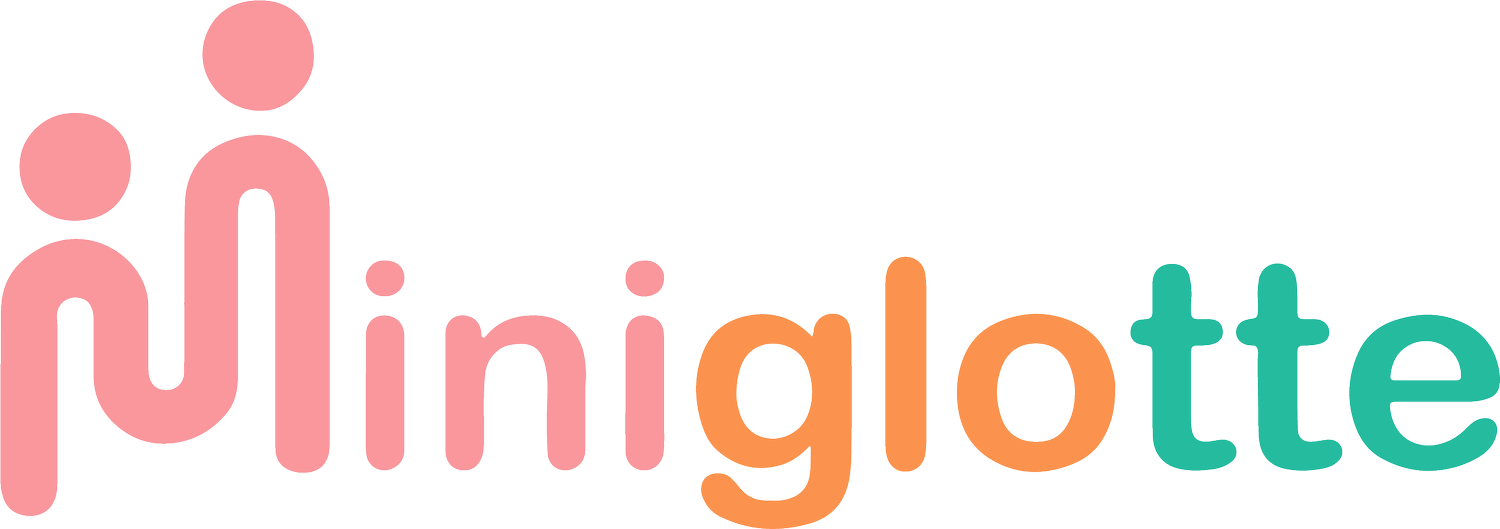Bilingual parenting in the earyl years: Benefits & Challenges
Bilingual parenting in the early years is a topic that has gained a lot of attention in recent years, as more and more families are recognizing the benefits of raising children who are fluent in more than one language.
Research has shown that children who are exposed to multiple languages from a young age have a number of advantages, including improved cognitive development, better academic performance, and increased cultural awareness.
Benefits:
Is it worth the effort?
The answer is always yes!
One of the main benefits of bilingual parenting is that it can give children a head start in learning languages. Studies have demonstrated that the earlier a child is exposed to a second language, the more likely they are to become fluent in it. This is because young children have a natural ability to learn languages, and their brains are more adaptable to new sounds and grammar structures. By starting to expose children to a second language in the early years, parents can take advantage of this natural ability, and give their children a head start in learning a new language.
Another benefit of bilingual parenting is that it can improve cognitive development in children. According to the majority of research conducted in the field, children who are exposed to multiple languages have better problem-solving skills, improved memory, and greater creativity than children who only speak one language. This is because the brain is constantly working to process and understand the different languages, which leads to increased neural activity and a stronger cognitive foundation.
Bilingual parenting also has the potential to improve academic performance in children. Children who are fluent in more than one language tend to do better in school, especially in subjects such as reading and math. The ability to speak multiple languages is closely linked to cognitive flexibility, which is the ability to think in different ways and to adapt to new situations. This cognitive flexibility can help children to better understand and apply new concepts in school, leading to better academic performance.
Another benefit of bilingual parenting is that it can foster a greater sense of cultural awareness in children. When children are exposed to different languages and cultures from a young age, they are more likely to be open-minded and accepting of different ways of life. This can lead to a greater understanding and appreciation of other cultures, which can be beneficial for children in today's globalized world.
… But
… it is important to keep in mind that bilingual parenting comes with its own set of challenges, especially if you are aiming for fluency. This is also why we insist on the importance of having a plan. This plan not only allows you to know what you are doing and how, but also set your goals and works towards them.
If your aim is fluency, you more likely need to ensure that your children are exposed to both languages equally, and that they have (are given?) the opportunity to become fluent in both languages. This can be difficult if one parent speaks one language and the other parent speaks another language, or if the child goes to school in a different language than the one spoken at home. Make your goals realistic and in sync with the efforts and time you can invest supporting your family’s bilingual journey.
Another challenge is that some children may struggle to learn a second language, especially if they are exposed to it later in life. It is not impossible but parents should be prepared to provide extra support. These efforts can be done at home or through a tutor or a language immersion program.
Finally, it's important to remember that bilingual parenting is not a one-size-fits-all solution. Every family is different, and what works for one family may not work for another. Parents should take into account their own unique circumstances and resources when deciding whether bilingual parenting is right for their family.
In conclusion,
Bilingual parenting in the early years can have many benefits for children, including improved cognitive development, better academic performance, and increased cultural awareness. However, it is important to be aware of the challenges that may arise and to take into account the unique circumstances of each family. With the right approach, bilingual parenting can be a rewarding and enriching experience for both children and parents.
